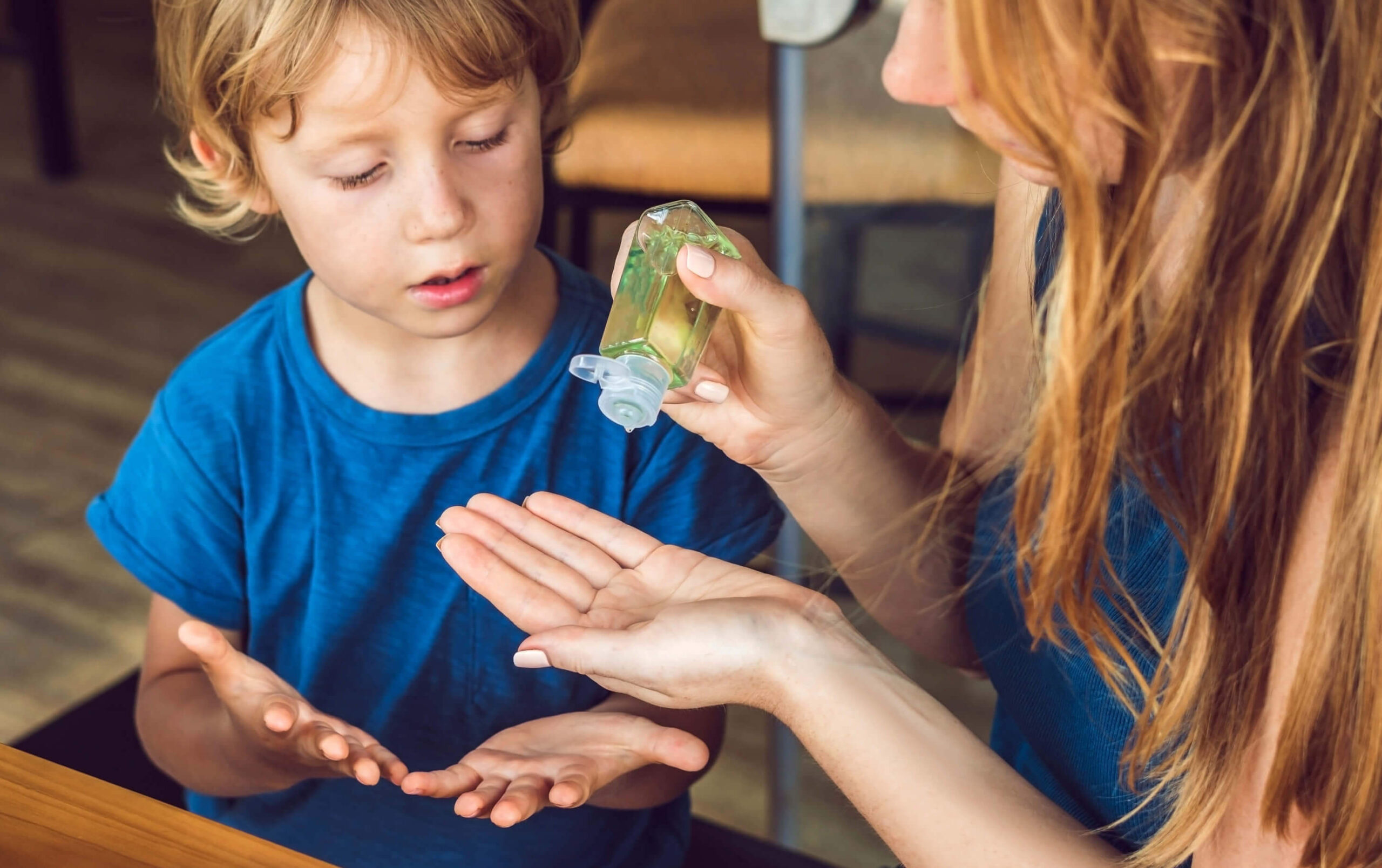Sexually Transmitted Disease Surveillance

Sexually Transmitted Disease Surveillance
Sexually transmitted infections (STIs) are also known as sexually transmitted diseases (STDs). The Nevada STD Prevention and Control Program assists state, local and community efforts with interrupting the transmission of chlamydia, gonorrhea, syphilis and other STIs, and reducing the health burden and costs associated with these infections. Primary activities of STI Prevention and Control include promotion of testing and treatment of chlamydia, syphilis and gonorrhea (reportable STIs); surveillance of reportable STIs; providing opportunities for statewide STI stakeholder planning and goal development input; locating and treating contacts of known cases with an STI and providing risk reduction education and material.
Sexually Transmitted Disease
Program Topics
340B Resources
The STD PCHD grant is currently in an extended year 6 of the grant cycle and is no longer accepting application for the section 318 340b program. We will open applications again during our next grant cycle.
Process for 340B Application:
- Complete the pre-screening form, and 340B University Completion Certificate.
- After review of the pre-screening form the program will conduct audit on current compliance with STD regulation and reporting, and reach out with any question, and clarifications.
- For programs who are eligible following the pre-screening they will be asked to provide:
- STD 340B Scope of Work
- STD 340B Reporting Template
- Budget
- Subrecipient Questionnaire
- State of Nevada Vendor ID
- Program will provide the subrecipient with a DRAFT subaward for approval.
- Upon approval of DRAFT, subaward will be routed to the program’s contract unit for approval to sign.
- Subaward will be approved and routed for signature by the subrecipient and the program.
- After execution subawardee will submit quarterly reports and request for reimbursement to program. Failure to submit quarterly report or request for reimbursement without prior approval from the program is grounds for termination of the subaward and subsequent 340B eligibility.
Funding Restrictions
- STD Grant funding does not permit funding for clinical services, or medications.
- Limited funding is provided for STD Test Kits therefore applicants are discouraged from including these in their budgets.
- 340B funding for HIV is not authorized through the STD program. For information regarding funding of HIV programs, please contact the HIV program.
Partner Services
Partner services are the process of identifying persons, confidentially notifying their partner(s) of their possible exposure to the infection, and providing necessary follow-up services are a range of medical, prevention, psychological, and social services that are offered to individuals with STD and their sexual or needle-sharing partners.
Get Services
To find HIV, STD, and hepatitis testing and vaccines near you, please visit:
Antibiotic-Resistant Gonorrhea Surveillance Projects
The Office of State Epidemiology is the online hub for information and resources on antibiotic-resistant gonorrhea to help health care providers and health departments prepare for and respond to antibiotic-resistant gonorrhea within Nevada.
Combatting Antimicrobial Resistant Gonorrhea and Other STIs (CARGOS) began in 2024 with four strategies:
- Strengthen local epidemiologic capacity to detect, monitor, and respond to AR in STIs.
- To improve coordination of AR in STI preparedness and outbreak response activities.
- Enhance local laboratory testing for surveillance, reporting, and response.
- Enhance coordination between epi-lab-health information technology.
CARGOS replaces the earlier legacy ARGC programs:
- Strengthening the United States Response to Resistant Gonorrhea (SURRG): a collaborative effort initiated in 2016 that emphasized rapid detection and response to drug-resistant gonorrhea in eight areas around the country; included California.
- Gonococcal Isolate Surveillance Project (GISP) and enhanced Gonococcal Isolate Surveillance Project (eGISP): Established in 1886 to monitor US antibiotic resistance trends in gonorrhea.
CARGOS Partnerships
Currently, Nevada’s CARGOS is partnering with the following clinics / facilities:
- Southern Nevada Public Health Laboratory
- The LGBT Center of Southern Nevada
- Sagebrush Health (Fire Mesa)
Future goals are expanding the project to include more STD and non-STD clinics across the state. All providers in Nevada can test for gonorrhea and connect to the OSE through their local public health department if they have a suspected treatment failure or email dpbhepi@health.nv.gov.
The Southern Nevada Public Health Laboratory (SNPHL) can conduct GC antimicrobial susceptibility testing through Etest. This enables rapid local detection of susceptibility and resistance among gonorrhea cultures.
Provider Resources
For clinical consultation regarding a suspected gonorrhea treatment failure case, please use the STD Clinical Consultation Network.
- Treatment Guidelines
- NV DPBH Gonorrhea Treatment Guidelines and Management of Suspected Treatment Failure (PDF) [COMING SOON]
- Neisseria Gonorrhoeae (NG) Culture and Antimicrobial Susceptibility Testing (AST) Availability for Nevada Providers (PDF) [COMING SOON]
- Additional resources:
- CDC Antibiotic Resistance Threats in the US Report, 2019
- CDC Drug-Resistant Gonorrhea Website
- Nguyen TQ, Jamison K, Pfister J, Sankaran M, Amsterdam L, Siemetzk-Kapoor U, Pathela P. Targeting Culture Criteria to Maximize Culture Positivity of Neisseria gonorrhoeae in 3 Sexual Health Clinic Settings. Sex Transm Dis. 2021 Dec 1;48(12S Suppl 2):S144-S150. doi: 10.1097/OLQ.0000000000001528. PMID: 34407013.
- Local Health Authorities Resources:
-
- CDC Health Alert Template for Gonorrhea with Reduced Susceptibility
- CDC Division of STD Prevention
- CDC Outbreak Response Site
- CDC Outbreak Preparedness, Detection, & Response
- CDC Talking Points for Gonorrhea with Reduced Susceptibility (Word)
- Notification of Suspected Gonorrhea Treatment Failure Form
- Public Resources:
- Drug-Resistant Gonorrhea: An Urgent Public Health Issue (Youtube Video)
- How to collect a gonorrhea culture (Youtube video)
- Antimicrobial-Resistant Gonorrhea Resource Trifold (English)
- Antimicrobial-Resistant Gonorrhea Resource Trifold (Spanish)
- Neisseria Gonorrhoeae (NG) Culture and Antimicrobial Susceptibility Testing (AST) Resources for Nevada Health Care Providers

Data
Nevada’s Authority for Epidemiology
Access up-to-date data on all active infectious diseases reported in Nevada

